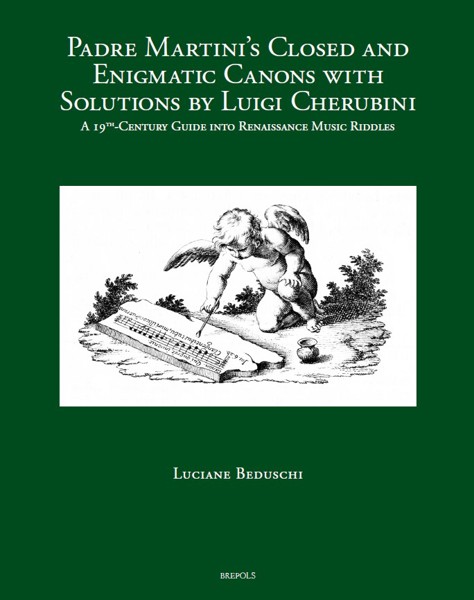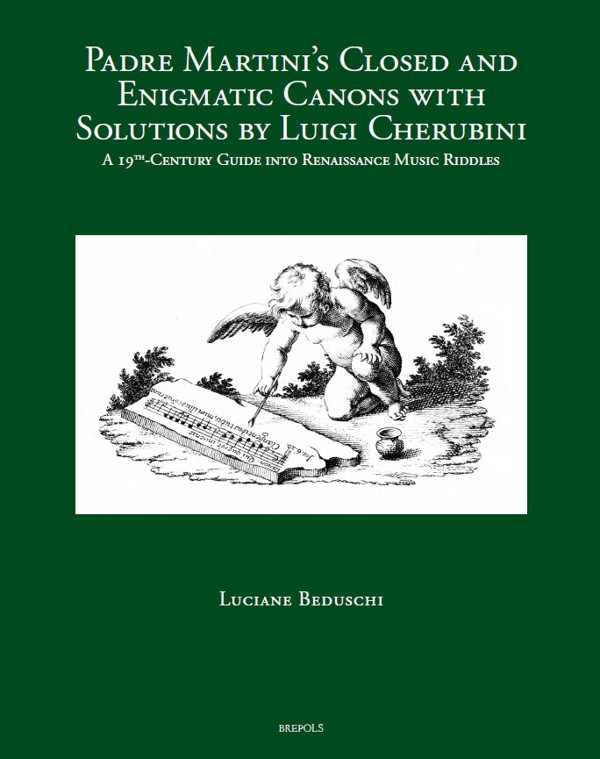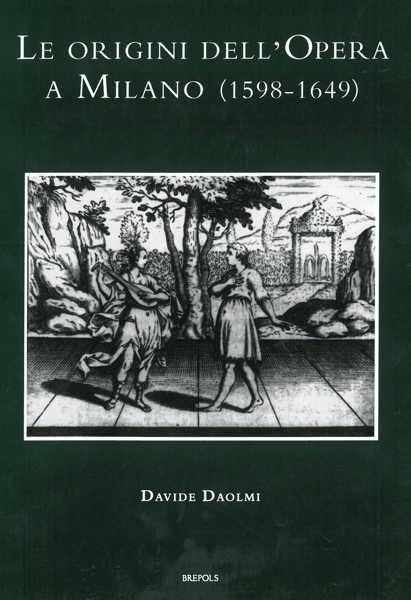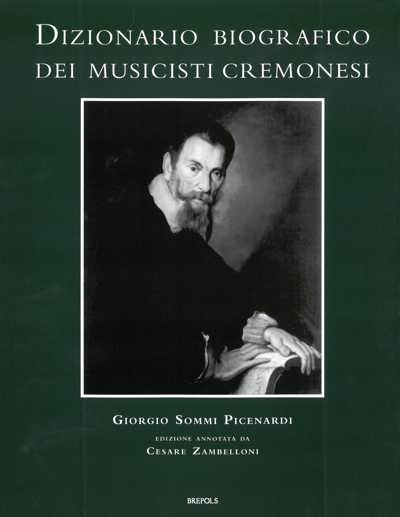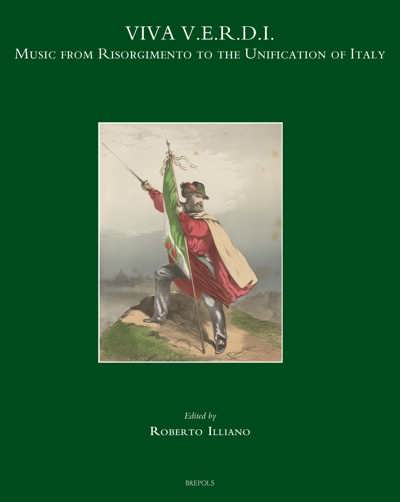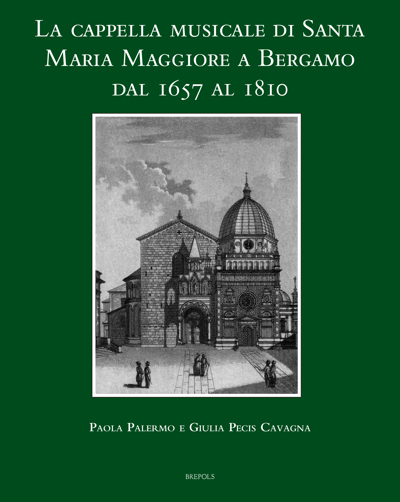
Padre Martini’s Closed and Enigmatic Canons with Solutions by Luigi Cherubini
A 19th-Century Guide into Renaissance Music Riddles
Luciane Beduschi
- Pages: 336 p.
- Size:210 x 270 mm
- Illustrations:76 b/w, 6 tables b/w., 95 pages of musical scores
- Language(s):English
- Publication Year:2024
- € 120,00 EXCL. VAT RETAIL PRICE
- ISBN: 978-2-503-60847-1
- Hardback
- Available
Luigi Cherubini’s complete edition of proposed solutions to Padre Martini’s enigmatic canons
Luciane Beduschi has taught music theory, music analysis and music history in France, at the Sorbonne and Paul-Valéry Universities, and in the USA, at Skidmore College, NY. She then served as an Associate Researcher of I Tatti, the Harvard University Center for Italian Renaissance Studies. Her work on enigmatic canons includes analyses of proposed solutions and contextual research into this practice.
Every chapter of the three volumes of Giovanni Battista Martini’s Storia della Musica begins and ends with an enigmatic canon: 72 puzzle canons, which formed the subject of debate in the 18th and 19th centuries. Luigi Cherubini proposed solutions for all canons, forming a pedagogical collection designed to reveal the secrets of the enigmatic canons practice to 19th-century musicians. Cherubini explained in detail how each proposed solution was reached. The resolutions are all based on a ‘Table of Latin words’, a list of enigmatic expressions. For each expression, Cherubini gives an explanation detailing how they must be interpreted in order to find the resolution of the riddles. Practically 56 expressions from Cherubini’s ‘Table of Latin words’ can be identified in Renaissance treatises. Until the first half of the 16th century, a canon was a formula that musicians would put into action to create one or more parts of music — the ‘canon’ was just the formula and not the music itself. Explanations of such formulas were compiled in Renaissance music treatises. It is this journey — the one enigmatic expressions took as they travelled from the Renaissance into the 19th century — that Luigi Cherubini’s complete edition of proposed solutions to Padre Martini’s enigmatic canons seeks to illustrate.
Acknowledgements
Introduction
The 72 Enigmatic Canons of Padre Martini’s Storia della Musica
Luigi Cherubini’s Solutions: A Pedagogical Work
A Table of Enigmatic Expressions
Renaissance Sources for Padre Martini’s List of Motti o Enigmi
Pietro Aaron, Libri tres de institutione harmonica, Bologna, 1516
Heinrich Glarean, Dodecachordon, Basel, 1547
Hermann Finck, Practica musica, Wittenberg, 1556
Pietro Cerone, El melopeo y maestro, Naples, 1613
Giovanni Battista Rossi, Organo de cantori, Venice, 1618
Camillo Angleria, La regola del contraponto…, Milan, 1622
Giovanni Andrea Angelini Bontempi, Historia Musica, Perugia, 1695
Reception of Martini’s and Cherubini’s Works in the 19th Century
Pierre-Louis Ginguené, Encyclopédie méthodique, Paris, 1791
François-Joseph Fétis, Traité du contrepoint et de la fugue, Paris, [1824]
Padre Martini’s List of Motti o Enigmi (Reproduced in Cherubini’s Collection) and the Understanding of the Renaissance Practice of (Puzzle) Canons during the 19th Century
Comparative Tables
Table 1. Luigi Cherubini’s Table des mots latins, que les anciens compositeurs plaçaient souvent en tête des canons, avec l’explication du sens énigmatique qu’ils renferment, afin d’obtenir plus aisément la véritable solution d’un canon fermé
Table 2. Cherubini’s Table of Latin Words vs. Martini’s Lists of Motti o Enigmi and Vocaboli Italiani, Latini e Greci
Table 3. Padre Martini’s Sources for his Motti o Enigmi
Table 4. Martini’s Esemplare vs. Finck’s Practica musica
Table 5. Finck’s Expressions not Cited by Martini
Table 6. Cherubini’s and Ginguené’s Translations of Martini’s List of Motti o Enigmi
Table 7. François Joseph Fétis’s Table des Devises ou Inscriptions des Canons Énigmatiques avec leur Explication
Padre Martini’s Closed and Enigmatic Canons with Solutions by Luigi Cherubini
List of Canons in Cherubini’s Collection
Letter Sent by the French Musicologist Henry Expert (1863-1952) to the Administrator of the National Library in Paris on 10 June 1924
Plates
Critical Notes
Bibliography
Index of Names
